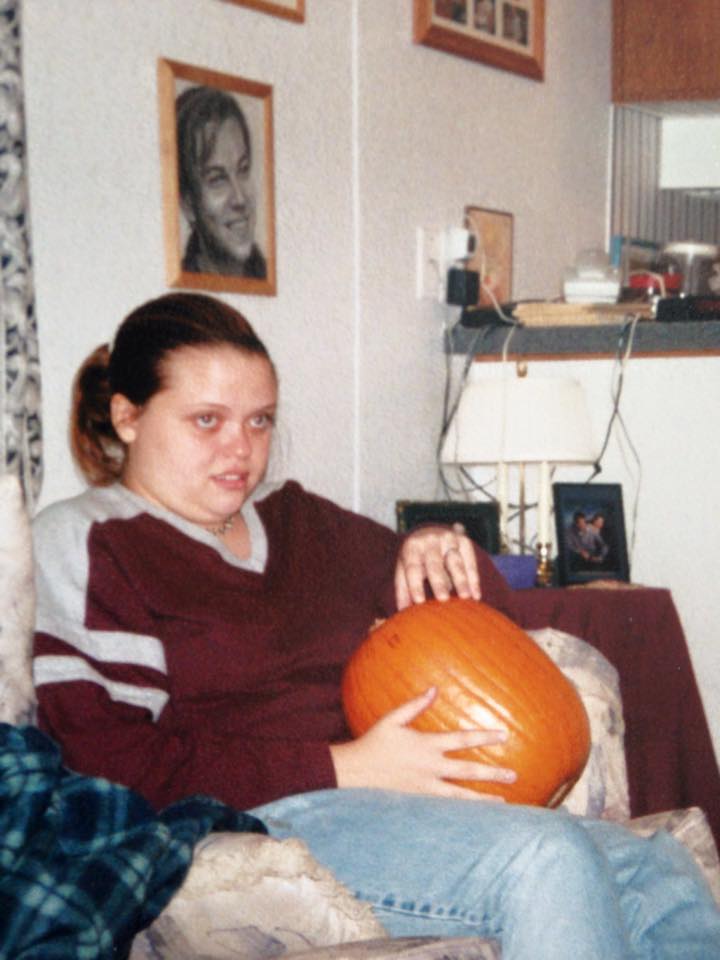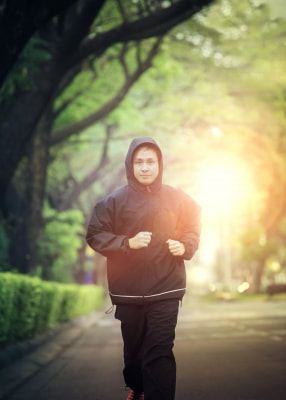“We are spiritual beings having a human experience.” ~ Pierre Teilhard de Chardin (Jesuit Priest, philosopher, and paleontologist) Our culture is all about changing, subduing, or avoiding our physical bodies. Extreme diets, pharmaceuticals, plastic surgery, consumer culture, social media, obsessions, and even our spiritual practices contribute. What would happen though if we focused on radically being in our body instead of changing, subduing, or avoiding them? What would it mean to live the language of our body? There are signs all over the place that a great many people aren’t truly inhabiting this human form we’ve been given. Unconscious behavior runs rampant. The abuse of food, drugs, alcohol, sex, and one another both emotionally and physically are just some of the ways this is true. It’s true on the level of faith too. In spiritual communities all over the globe, there’s a lot of encouragement to “transcend the body,” as it is imagined the Buddha and Jesus Christ did, either through meditation, other spiritual practices, or self-sacrifice. Escapism is not the answer to the human struggle. It is the cause. We find ourselves in the midst of struggle and instead of addressing it on the tangible, human level we choose to escape. At different times of our lives we all are guilty of trying to experience something outside of our human form in various degrees. Sometimes, this trying is a conscious effort. Other times, it is completely unconscious. It isn’t always a bad thing. Everyone needs a vacation from time to time. However, considering death is the only real way to escape the human form, if we don’t allow ourselves to consciously inhabit our bodies we are spending our entire lives avoiding living.
Whether we’re experiencing this active escapism as a result of mental, emotional, or physical trauma doesn’t matter. What matters is that we make ourselves conscious to it so that we can address it. Are you really letting yourself be in your body? Are you opening yourself up to a fully impactful human experience? Here’s some signs you might be in avoidance mode. 1. You don’t recognize yourself when you look in the mirror. Every time you look in the mirror you feel like shit. Even when you try to be positive about your physical appearance, you find yourself smoothing wrinkles in your shirt over your midsection. So, you’ve started avoiding mirrors. Now, if you happen to catch a glimpse of yourself you’re shocked that what you see is you. It doesn’t look like you. It doesn’t look like what you imagine when you’re feeling good about who you are and what you’re doing in life. Our reflection in the looking glass and our reaction to it is a good gauge for whether or not we’re allowing our body to be our home. Feeling alienated by your own body is not conducive to experiencing your personal power, focus, and will – your magick. We gotta own these bodies. Try some self-care to learn to connect with your body on a deeper level. Ask your body some simple questions and trust the answers that your gut gives you:
2. You overthink everything. You find it hard to trust your gut. What is intuition anyway? Isn’t part of being human our ability to approach things through logic, problem solving, and complex forms of expression? What if that gut feeling is wrong? Part of becoming disconnected from the body is that we lose the trust of the feedback it gives us. We unlearn the language it uses to speak to us. As babies and young children, we are very good at communicating with our bodies. Our bodies are how we learn to get around in the world and to obtain all that we need for survival. Add to those basic instincts the ability to reason and discern, and we’re pure force! Our bodies communicate in the form of sensations. From emotions, to experiencing hot or cold our bodies provide us with endless data to inform our action. What if we began with this feedback, then applied logic, and then assessed whether or not that fits with what we “thought” was true at first – intuition? This is a step by step utilized Break Method, also developed by Bizzie Gold. Using our body and mind for decision making is a game changer. It can save all kinds of anxiety and time second guessing yourself. 3. You ignore physical sensation or overindulge in sensation making activity to feel alive. You’ve found yourself saying – I feel dead inside. Everything is dull, mundane… unexciting. Even down to knowing when you’re hungry or not. You look up from your computer screen and it’s two hours passed lunchtime and you suddenly realize your ravenous. You couldn’t cry at your grandmother’s funeral even though you were very close. During sex, you find yourself checking out and making to-do lists for the next day, or debating whether or not the giants mentioned in the Old Testament bible were actually aliens. Orgasm is overrated. In this case, you’ve disconnected so completely from your body, if you don’t recover the connection, it will be a life altering event that finally provides you the impetus to get back in there... if it doesn’t kill you. Your body can make life exciting. What’s in there that you are avoiding? How might you address those things in order to find your way back in? Or, perhaps you feel alive by being the life of the party. You take all the risks. Excess is your middle name. Indulging makes you feel alive. The hangover after is what feels like death. Moderation feels too boring. Day to day living is not enough to make you feel alive, and it’s only by taking your body to extremes that you get enough sensation to feel present in life. Otherwise, there’s a numbness to it all. A feeling of waiting that is nearly unbearable. You too are disconnected from the body. Even in exploring the limits of the body you are disconnected and ignoring it. There’s not a balance. It is not sustainable. Therefore, you aren’t getting the totality of experience. You are not present for life, but constantly trying to alter it. How can you impact something for the positive if you aren’t aware of all that it currently is? What too are you avoiding? How might you address those things in order to find your way back in?
5. Your spiritual practice focuses on transcending the body. Has escapism become a dogma for you under a spiritual guise? Flesh as weakness. Every major religion and most traditional spiritual practices have some form of this thought when taken out of context or to the extreme. Is all your chakra work in the upper triangle? Is your biggest struggle in meditation to ignore the physical sensations in your body? Do you spend hours praying your way out of struggles? Are you honing astral projection, but ignoring the stomach pains after you eat? The truth is, looking at the chakra system and other psychological schools of thought, that most of our inner work should be around our connection to home/tribe, interpersonal relationships, and our expression of ourselves as an individual. The lower triangle of chakras, if you are familiar with that system. The things that illustrate our human experience. Without roots a tree cannot reach the heavens. Without the ability to ground into our bodies, how do we even know what we are transcending? Maybe the lesson is to – be here now.
0 Comments
|
AuthorKelli Hansel Haywood is the mother of three daughters living in the mountains of southeastern Kentucky. She is a writer, weightlifter, yoga and movement instructor, chakra reader, and Reiki practitioner. Categories
All
Archives
September 2021
|






 RSS Feed
RSS Feed